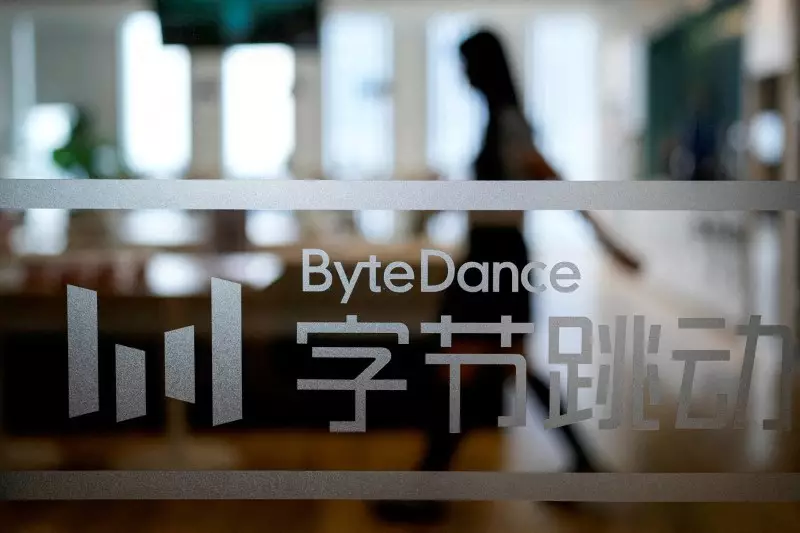As ByteDance navigates the tumultuous waters of American politics, the company has placed its self-valuation at approximately $300 billion. This figure comes on the heels of a recent buyback offer where shares were reportedly valued at around $180. The stakes are high as the popular short-video platform TikTok faces regulatory scrutiny, with discussions surrounding its potential ban in the United States. This looming threat represents a significant challenge to the company’s market position and investor confidence.
The situation surrounding TikTok is not merely a corporate matter but is profoundly influenced by the political landscape. Investors appear to view the expected return of Donald Trump to the presidency as a beacon of hope for TikTok’s future in the United States. Trump’s complex relationship with TikTok is particularly noteworthy; he previously labeled the app a national security threat, yet later expressed support for its operation in the country, emphasizing the need for competition among social media platforms. This dichotomy reflects the fluctuating nature of political endorsements and their immediate effects on corporate valuations and market perceptions.
In a recent legal twist, a law enacted by President Joe Biden has put tremendous pressure on ByteDance, granting the company a deadline until January 19 to divest from TikTok. The Biden administration’s position appears to be focused on national security concerns, aiming to sever Chinese ownership to mitigate risks associated with data privacy and user security. This regulation complicates the already tense climate, as ByteDance has initiated legal proceedings to challenge the validity of this law. By contesting Biden’s legislation in federal court, ByteDance is essentially positioning itself against a backdrop of growing bipartisan skepticism towards Chinese technology firms.
With approximately 170 million American users actively engaging with TikTok, the stakes extend far beyond corporate implications; they delve into socio-cultural dynamics and user engagement. The app has become a staple among younger audiences, shaping trends and influencing social behavior. Therefore, the potential banning of such a widely used platform raises questions about consumer rights and access to diverse social media experiences.
The future of TikTok hinges on several intertwined factors: the valuation set by ByteDance, the volatile political atmosphere in the U.S., and the legal battles poised to unfold in the coming months. Each component will play a critical role in determining whether TikTok can continue to thrive within its largest market. Investors, consumers, and policymakers must brace for an evolving scenario where technology, politics, and law converge, creating a complex web of implications for one of the world’s most downloaded apps. As the deadline approaches, the outcome remains uncertain, leaving stakeholders to ponder the long-term viability of TikTok in the American landscape.

